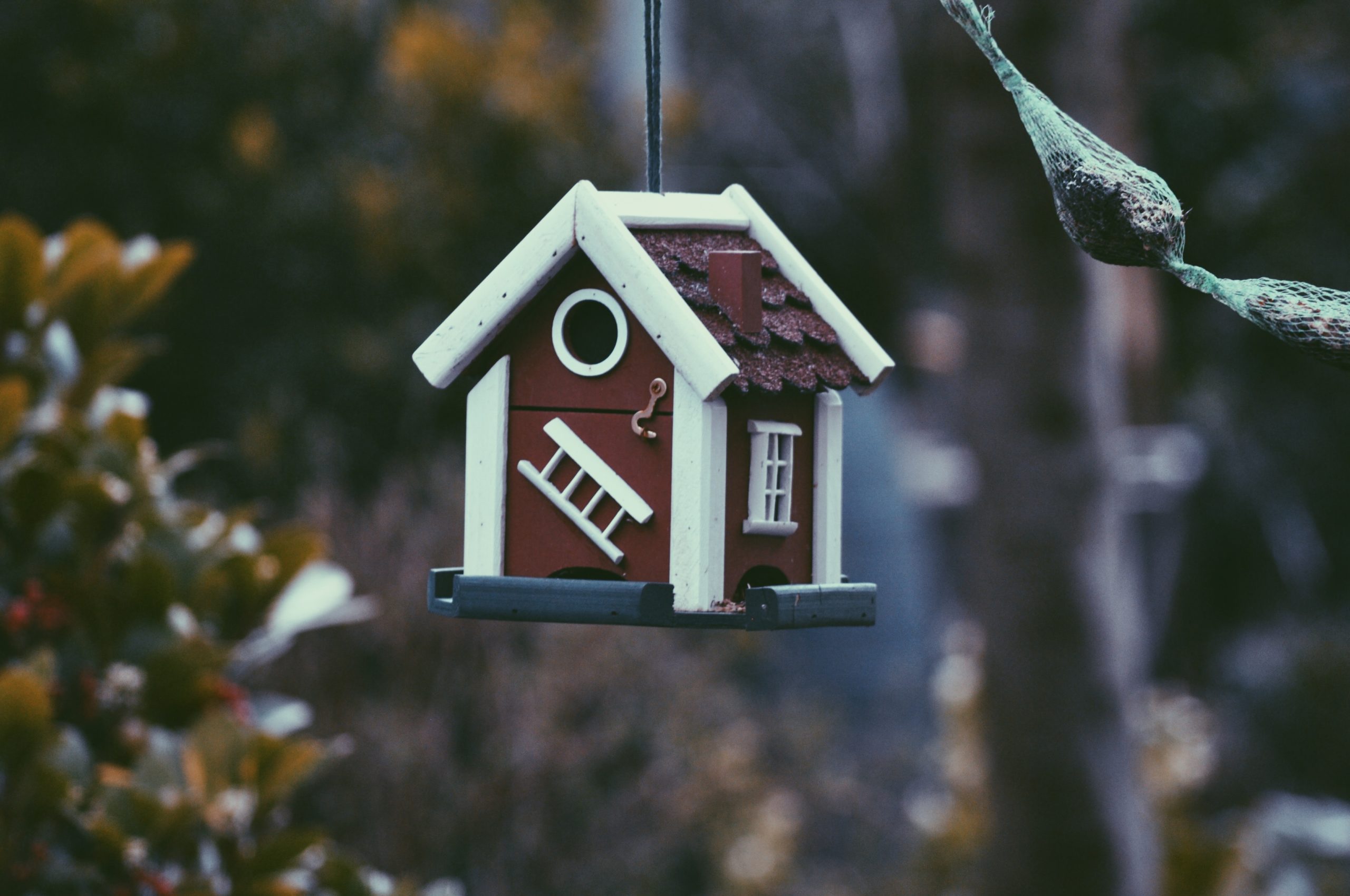Buying a home involves several costs over and above the purchase price. Understanding and anticipating these additional expenses can help buyers organize their finances and avoid unpleasant surprises or disputes.
Closing costs
Closing costs refer to the mandatory legal and administrative costs that must be paid when you purchase a home and can add up to anywhere from 1.5% to 4% of the purchase price.
Most closing costs are the responsibility of the home buyer, although in some cases these may be subject to negotiation. Depending on the nature and age of a property, certain closing costs may not be applicable.
The following is a list of the most common closing costs:
Land transfer taxes
Land transfer taxes are a provincial tax calculated as a percentage of the purchase price of the property. In addition, some cities (such as Toronto) also levy a municipal land transfer tax. Ottawa does not have a municipal land transfer tax.
Legal fees
You will owe legal fees to the real estate lawyer retained to handle your home purchase by preparing, coordinating, and helping you execute official documents.
Title insurance
Most mortgage lenders will require title insurance to ensure they are protected in case there is a dispute over property ownership.
Sales tax on mortgage default insurance
While this type of insurance cost is rolled into your mortgage, the sales tax portion must be paid in a lump sum when the purchase closes.
Septic tanks and water wells
When a property has a septic tank or a well, an inspection or water quality test is a wise idea to ensure they are working properly, have sufficient supply, and that the water is drinkable. These costs are often negotiated with the seller as part of an offer to purchase.
Estoppel certificate fee
This fee may be payable for condominium purchases. An estoppel certificate sets out the legal and financial status of the condo corporation and the building.
Appraisal fee
An appraisal, which is a professional estimate of home value, is frequently covered by your mortgage lender. The purpose of an appraisal is to help confirm the market resale value of the home in case of mortgage default.
Other costs payable before closing
In addition to the traditional closing costs, a home purchase can involve other expenses pre-closing, including:
Home inspection fee
While not required, having a home inspection as a condition of any offer to purchase is strongly recommended. Professional home inspectors can help properly assess the condition of the home (or conversely, help identify any hidden defects). The cost of a home inspection can vary, depending on the size of the home and the complexity of the inspection.
Down payment deposit
Putting down a portion of your down payment as a deposit can signal to a seller that you are a committed buyer. Accordingly, deposits are usually included in an offer to purchase. Unlike down payments, there is no minimum amount required for a deposit, so you may adjust the amount accordingly depending on your financial circumstances.
Mortgage default insurance
In cases where you are buying a home with a down payment that represents less than 20 percent of the purchase price, you are required to purchase mortgage default insurance. This protects the mortgage lender in the event a borrower defaults on the mortgage.
Mortgage default insurance is not a closing cost per se, as it is rolled into the cost of the mortgage and amortized over the length of its duration. It does not require an additional cash outlay on closing, but you should be aware of it when understanding the totality of your regular mortgage payments.
Other costs to consider
Property insurance
Property insurance protects you against the cost of replacing your home (and its contents) in the event of theft, fire, or other calamities and must be in place by closing day. Property insurance is usually paid in either monthly or annual installments.
Property taxes and utilities
Depending on the timing of your closing (for example, mid-month or mid-year), you may need to reimburse the seller for previously paid costs towards such things as property taxes and utilities.
The specifics of property tax payment in Ontario vary depending on the municipality, although they are always calculated as a percentage of your home’s appraised value and must be paid each year. Lenders traditionally would provide the option of including a property tax portion payment as part of your mortgage (where they would collect property taxes for you and remit payment on your behalf). However, this is becoming less common.
Closing day
Closing day is the day when it all becomes official and you take legal ownership of your property. It is often a busy day for lawyers, as the majority of administrative matters must be completed on this date, especially the transfer of your down payment funds to the seller. Note that transferring money can sometimes take several days to clear so make sure to leave enough time to ensure that any required funds are not tied up on closing day!
Once your mortgage lender has transferred the mortgage funds to your lawyer and you have provided your down payment (less any deposit) and paid any outstanding closing costs, your lawyer can complete the transaction. Your lawyer will pay the seller, register the home in your name, and give you the deed (and keys!) to your new home.
Contact Tierney Stauffer LLP in Ottawa for Experienced Real Estate Advice
The lawyers at Tierney Stauffer LLP have extensive experience helping clients with residential real estate matters. We provide clients with the peace of mind that nothing will be overlooked. Our team also provides skilled advocacy for clients in litigation and alternative dispute resolution processes when real estate disputes arise.
Tierney Stauffer LLP proudly serves clients in Ottawa, Cornwall, Arnprior, Kingston, and North Bay. To set up a consultation and discuss how we can help you, contact us online or call 1-888-799-8057.


